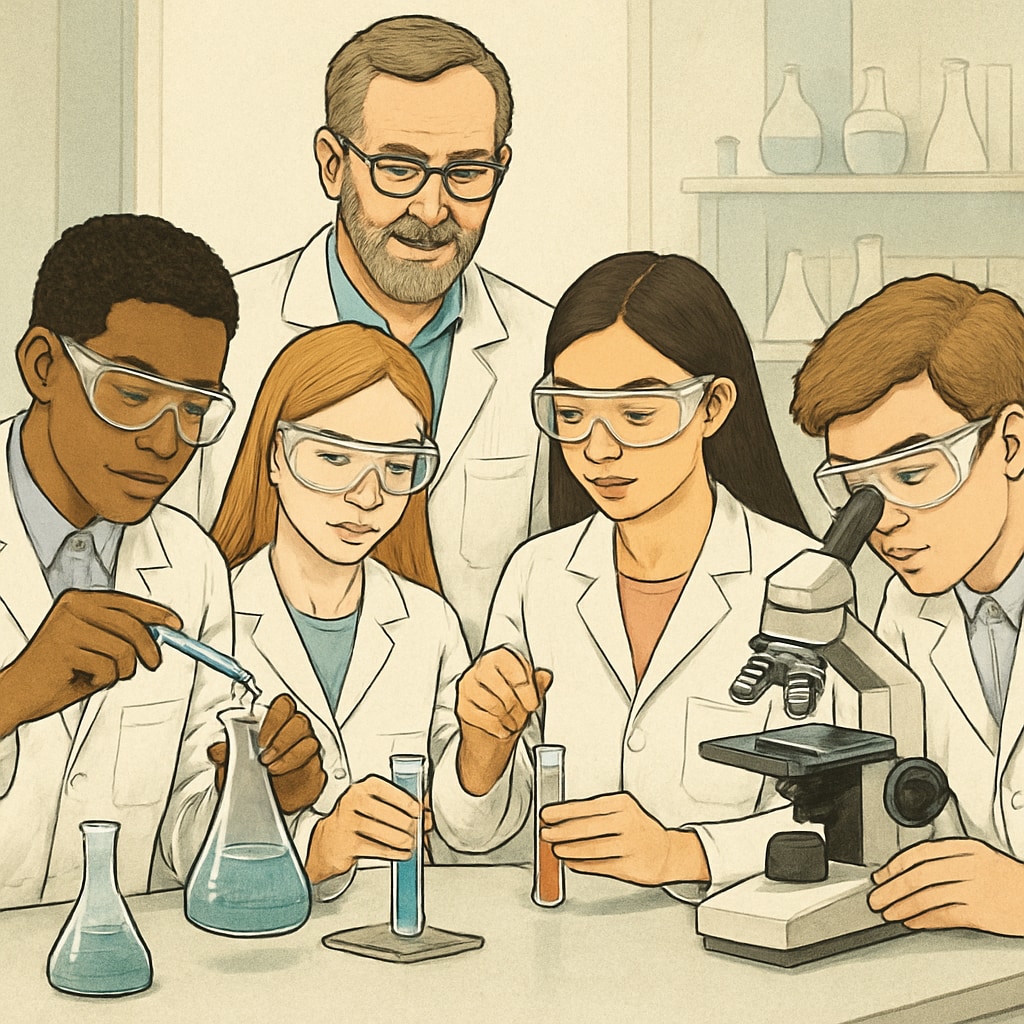For 16-year-old high school students passionate about mathematics and science, selecting the right college major is both exciting and daunting. The journey from academic interests to a professional career requires careful consideration and exploration. By focusing on self-awareness, practical experiences, and future career alignment, students can make informed decisions that align with their passion and potential.
Understanding Your Passion for Mathematics and Science
Before diving into college major options, it is essential to understand the depth and nature of your interest in mathematics and science. Do you enjoy solving abstract problems, analyzing data, or applying formulas to real-world issues? For example, a student may love the theoretical side of mathematics, which could lead to pure mathematics or physics, while others may prefer practical applications like engineering or computer science.
Ask yourself these key questions:
- What excites me the most about mathematics and science?
- Do I prefer theory, experimentation, or application?
- What kind of problems do I want to solve in the future?
Reflecting on these questions will help narrow down areas of interest. For instance, if you find joy in deciphering patterns and algorithms, computer science might be a good fit. Alternatively, if you are fascinated by the laws of the universe, physics could be your calling.

Exploring Academic and Career Pathways
Once you have a clearer understanding of your interests, it’s time to explore the academic and career opportunities available. Mathematics and science open doors to a variety of fields, each with its unique focus and applications. Here are some potential pathways:
- Pure Mathematics: Ideal for those who enjoy abstract reasoning and theoretical concepts. Careers include research, academia, and cryptography.
- Applied Mathematics: Focused on solving real-world problems in industries like finance, engineering, and data science.
- Physics: Perfect for students fascinated by the natural laws that govern the universe, leading to roles in research, astronomy, or engineering.
- Engineering: A practical application of math and science to design and build systems. Options include mechanical, electrical, and aerospace engineering.
- Computer Science: For those passionate about algorithms, programming, and technology development.
Consider attending open days at universities, connecting with professionals in these fields, or participating in online courses through platforms like Khan Academy or Coursera. These experiences provide valuable insights into the day-to-day realities of different careers.
Testing Your Interests Through Practical Experiences
Interest alone is not enough; practical exposure is crucial to confirm your passion and aptitude. Internships, part-time work, or volunteering in STEM fields can help you understand if a particular discipline is a good fit. For example, if you are considering engineering, try participating in robotics competitions or shadowing an engineer for a day.
Additionally, many universities and organizations offer pre-college programs or summer camps in STEM fields. These programs allow hands-on experiences in areas like coding, lab experimentation, or mathematical modeling, giving you a taste of what to expect in college and beyond.

Aligning Your Choice with Future Goals
Finally, consider how your chosen major aligns with long-term career opportunities. Research job market trends, industry demands, and potential for growth in your field of interest. For instance, data science and artificial intelligence are expanding rapidly, making computer science and applied mathematics highly sought-after majors.
It is also important to remain flexible. Many students discover new interests in college and pivot to different fields. For example, a mathematics major might take a computer science elective and decide to specialize in machine learning. Keeping an open mind ensures you can adapt as your goals evolve.
Ultimately, the ideal major is one that balances your passion for mathematics and science with practical opportunities for personal and professional growth.
In conclusion: Choosing the right college major is a significant decision for any 16-year-old high school student passionate about mathematics and science. By reflecting on your interests, exploring academic and career pathways, and testing your options through practical experiences, you can confidently navigate this exciting journey. Remember, it’s about finding what inspires you and aligns with your future aspirations.


